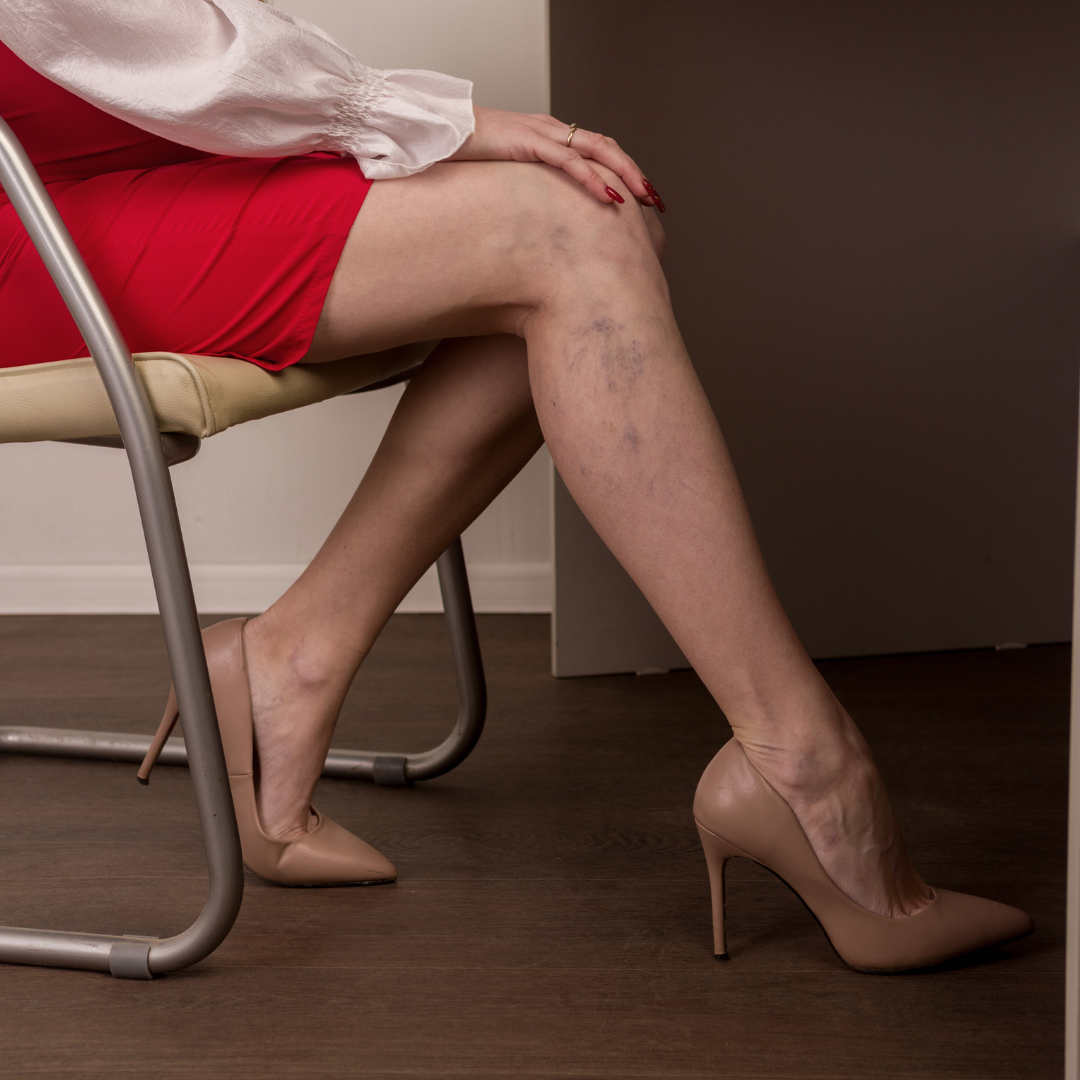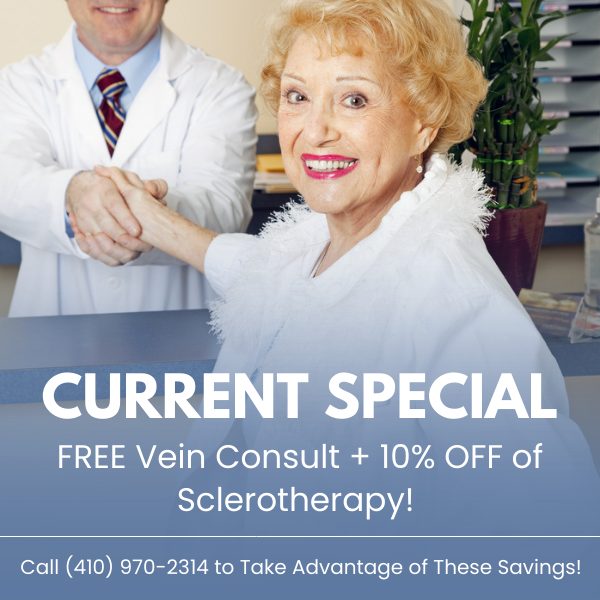
Sclerotherapy Bel Air – Varicose Vein Treatment
September 22, 2022
Top Vein Center Near Lutherville
September 30, 2022Restless legs syndrome is an uncontrollable urge to move the legs. It can be uncomfortable and significantly impact quality of life. Here’s what you need to know about restless legs syndrome and how your doctor can help you.
Symptoms of Restless Legs Syndrome
Also known as Willis-Ekbom disease, RLS can start at any age and typically gets worse as you age. Often, it disrupts sleep which impacts daily activities. The main symptom is the urge to move the legs but other common symptoms include:
- Sensations that begin while resting. Typically starts after you have been lying down or sitting for a long period (car ride, airplane, movie theater).
- Movement offers relief. The sensations of RLS lessen with movement like walking, stretching, or jiggling the legs.
- Symptoms worsen in the evening.
- Nighttime leg twitching. RLS is often associated with periodic limb movement of sleep. This condition causes the legs to twitch and kick during sleep.
What Does RLS Feel Like?
Most people describe RLS as an uncontrollable, unpleasant sensation in the feet or legs. The sensations are described as:
- Itching
- Throbbing
- Crawling
- Creeping
- Pulling
- Aching
- Electric
Some people struggle to describe the sensations, but its common for symptoms to fluctuate in severity and disappear for periods of time before returning.
Treatment
Some people never seek medical treatment. But RLS can interfere with sleep and cause significant daytime drowsiness. If you suspect RLS, you should speak to your doctor. Sometimes, RLS is the result of an underlying condition like iron deficiency. There are several treatment options for RLS.
First, medications that increase dopamine in the brain can help alleviate moderate to sever RLS. Other medications that affect calcium channels may work for some people.
Another option is muscle relaxants and sleep medications.
Doctor for Restless Legs Syndrome
Don’t let restless legs syndrome hold you back, speak to a doctor today. To learn more, please contact The Vein Center of Maryland.





